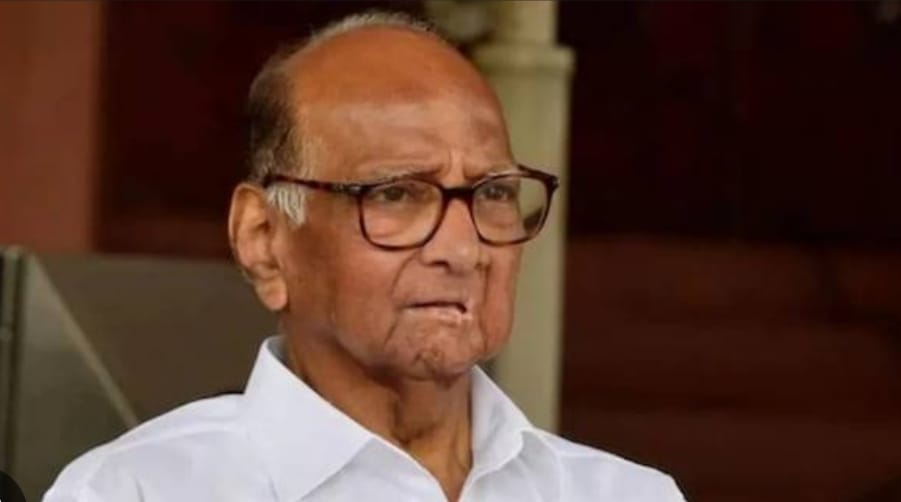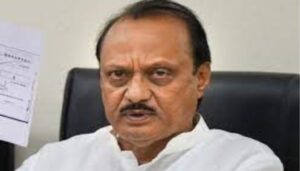
Nationalist Congress Party President Sharad Pawar Supports Kejriwal Amidst ED Summons Controversy
Mumbai, 4th January 2024: In a significant development, Nationalist Congress Party (NCP) president Sharad Pawar has thrown his weight behind Delhi Chief Minister Arvind Kejriwal, who recently skipped three Enforcement Directorate (ED) summons linked to a money laundering case related to an alleged liquor scam. Pawar, addressing party workers, accused the Centre of misusing its power to suppress individuals with differing political views.
Expressing concern over the situation, Sharad Pawar revealed that similar summons have been sent to Jharkhand Chief Minister Hemant Soren, sparking fears that he too might face arrest in the coming days. Pawar underscored that the people had elected Kejriwal to power in the past decade, and the current actions taken against him, along with other Aam Aadmi Party (AAP) ministers, hinted at a deliberate attempt to discourage dissenting political views by abusing power.
Pawar, known for his political acumen, described Arvind Kejriwal as a simple man with a clean image, making it clear that the prospect of his arrest would not be surprising. He emphasized that the steps being taken against Kejriwal and other AAP ministers were indicative of a larger trend aimed at silencing political opposition through legal means.
Highlighting the alleged misuse of power, Pawar underscored the urgency of addressing concerns related to the arrests of elected officials. He stated that the actions against Kejriwal and the ongoing investigations reflected an abuse of power, signalling a disturbing trend that could deter politicians from expressing dissent.
Arvind Kejriwal, who serves as the AAP national convener, has recently missed three consecutive ED summons in connection with the alleged liquor scam. The scandal is associated with the excise policy of 2021-22, which was terminated by Kejriwal’s government following a recommendation from Delhi Lieutenant Governor VK Saxena for a CBI probe into “lapses and irregularities” in its implementation.
















